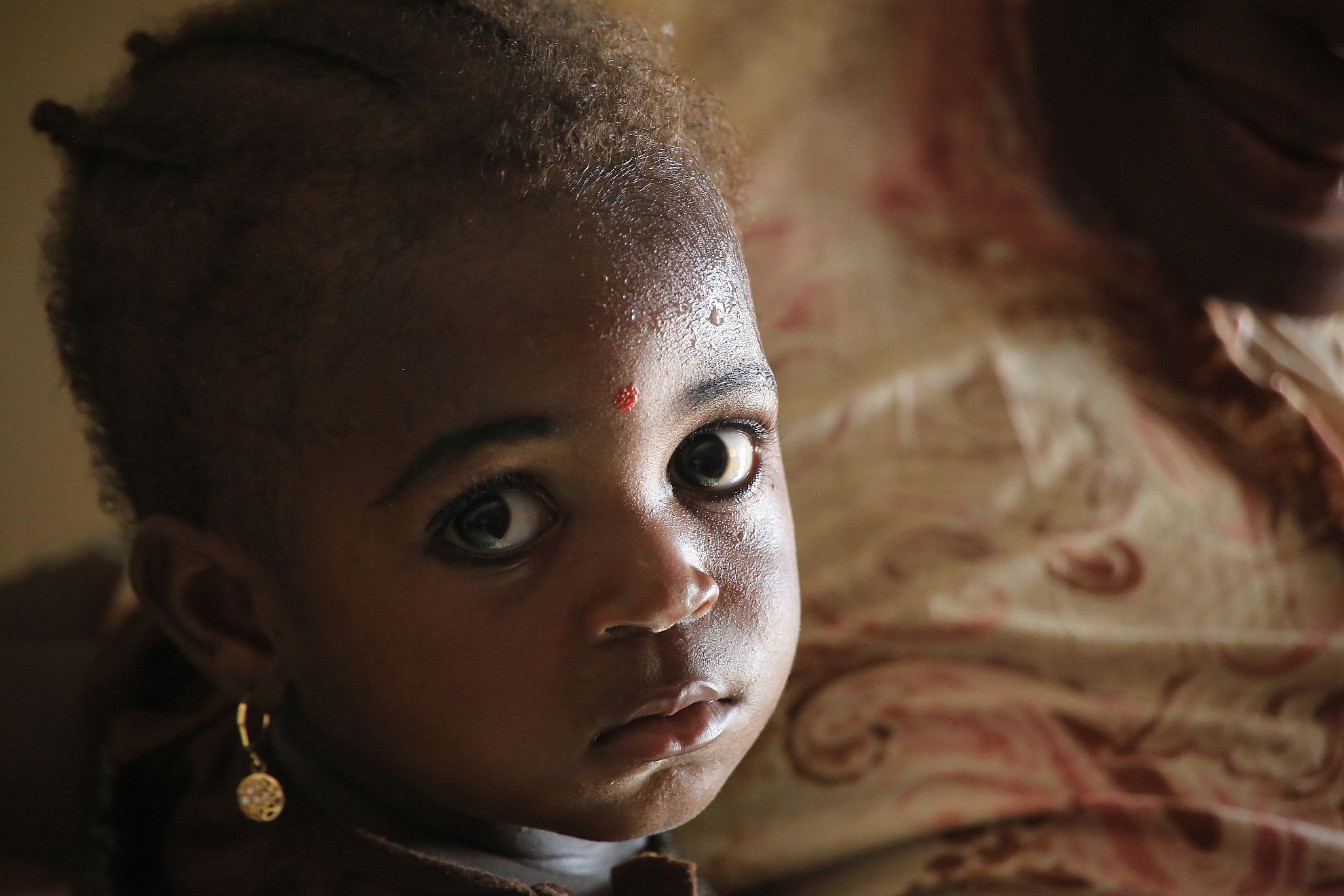
SMC in the Sahel: Ending Malaria for good with context specific approaches
27 April 2016 Malaria is a major public health problem with about 3.2 billion people, nearly half the world's population, at risk from this disease.
In 2015, 214 million cases of malaria and 438, 000 deaths were recorded worldwide. 88% of cases and 90% of deaths were in sub-Saharan Africa with 70% of these cases affecting children under 5 years of age.
The strain of malaria: global health, global economy
Not only does malaria kill, it puts enormous economic strain on families and nations alike, causing an average loss in gross domestic product of $12 billion per year. Malaria slows economic growth, inhibits development and perpetuates the vicious circle of poverty, absorbing 25% of household income and 40% of public health expenditure. These figures demonstrate the urgency to act. Malaria control strategies revolve mainly around prevention (use of long lasting nets LLINs and indoor residual spraying), early diagnosis using rapid diagnostic tests and the early and quick management of confirmed cases using artemisinin-based combinations. However, in the sub-Saharan area, where malaria is endemic with seasonal peaks, the World Health Organisation (WHO) recommends seasonal malaria chemoprevention (SMC) along with the other conventional means in order to protect those most vulnerable in times of high transmission. This intervention has been shown to reduce malaria mortality and morbidity rates by up to 75%. This approach reflects a paradigm shift in the control strategies which need to be targeted and adapted to local contexts as a prerequisite for the optimisation of resources and the effectiveness of interventions.
SMC: A promising investment for the Sahel
This simple, innovative intervention saves lives, gives hope to communities and decreases public health expenditure by helping to protect children under five from malaria when they are most at risk. The SMC intervention is rolled out during the four months of the rainy season and relies upon the acceptance and support of the community who promote leadership and community dialogue. This is at the core of the approach adopted in the implementation of the project "Achieving catalytic expansion of seasonal malaria chemoprevention in the Sahel (ACCESS-SMC)". This project is funded by UNITAID and implemented by Malaria Consortium, in partnership with Catholic Relief Services, London School of Hygiene & Tropical Medicine, Management Sciences for Health, Medicines for Malaria Venture, Speak Up Africa and the National Malaria Control Programmes in seven West African countries . "With ACCESS-SMC, we simply strive to reduce the incidence of uncomplicated and severe malaria, thus resulting in a reduction of demand for treatment at community and health facility level, a reduction in public spending on malaria and finally in improving the health of children. All this will have the effect of releasing funds for productive reinvestment in other health sectors", according to Ms. Razafindralambo, the deputy director of the ACCESS-SMC project.
The ACCESS-SMC project successfully pools diverse strengths and skills for the coordination and implementation of SMC at scale, mobilising experts in fields such as research, medical, logistical and communication. The originality of this approach is measured through its adaptability to local contexts and its success is undeniable with 15 million treatments having been administered to 3.2 million children, an average coverage of 90% in 2015. By capitalising on the lessons learned, ACCESS-SMC aims to distribute 30 million treatments to more than 6 million children during the 2016 campaign. « The main objective of the project is to catalyse support for SMC, allowing it to become a sustainable and effective option for the fight against malaria in the Sahel. We hope our work will enable countries to receive more support for implementing SMC at scale" concluded Mr. Moroso, director of the ACCESS-SMC project. Confronted with challenges resulting from ineffective drug supply chains or weak pharmacovigilance systems, it is clear that a sustainable investment by national authorities and their partners will be necessary to maintain the gains made during this project. Sustaining Therefore SMC implementation is essential for strengthening the momentum towards the elimination of malaria in sub-Saharan Africa.
more
Latest news
- International summit calls for AMR accountability in public health interventions21st March 2024
- Global SMC community celebrates new milestone at SMC Alliance Annual Meeting in Nigeria6th March 2024
- Scaling up key interventions could halve pneumonia-related childhood mortality13th February 2024
- Malaria Consortium and eGov Foundation join Mozambique’s national malaria programme to digitalise seasonal malaria chemoprevention campaigns8th February 2024
- World’s first malaria vaccine rollout launched in Cameroon22nd January 2024
- Digital solutions driving equitable access to health6th December 2023